‘The Passenger’ stands out in Contemplation as the piece that encapsulates my impressions of Kafka’s work at this point. Like ‘The Men Running Past’, it has three paragraphs, each acting like a movement in a piece of music. The first paragraphs establishes the narrator: waiting for a tram, questioning his very being (“I am not even able to justify my standing there on the platform”). In the second paragraph, he notices a young woman and describes her in precise detail:
She has quantities of chestnut hair, and a few stray wisps of it are blown across her right temple. Her small ear is pressed tight against the side of her head…
Though the protagonist may be uncertain of himself, he seems certain of what he perceives about this woman. Yet what does he really know? He says in the last paragraph:
I asked myself at the time: how is it that she is not astonished at herself; that she keeps her mouth closed, and expresses nothing of any wonderment?
We go from the narrator’s doubts in the first paragraph, to an apparently stable portrait of someone else in the second, before that closing question returns us to uncertainty: there’s no answer, because we cannot know what the woman is thinking – indeed, she might be mulling over her own set of questions, or wondering in just the way that the narrator assumes she is not.
The narrator’s question also sums up what may be my strongest impression of Kafka’s work having read Contemplation: the sense that, beneath the most everyday situations, there may be untold emotional and intellectual depths that we cannot reach.
Book details (Foyles affiliate link)
Contemplation (1913) by Franz Kafka, published in Metamorphosis and Other Stories(2007), tr. Michael Hofmann, Penguin Modern Classics paperback
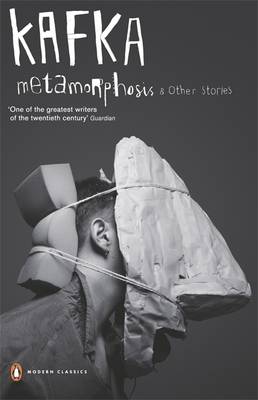
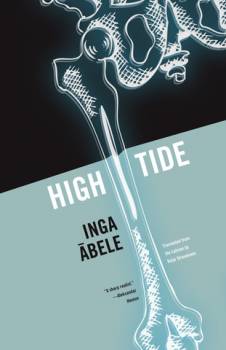
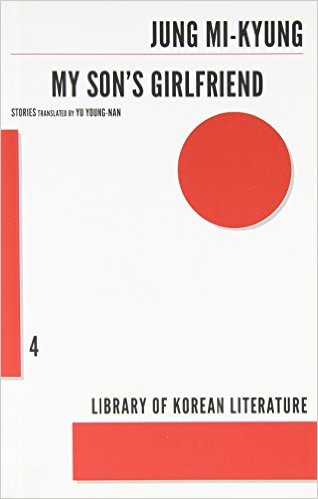
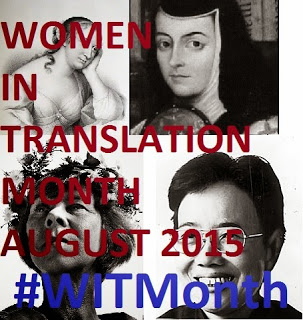
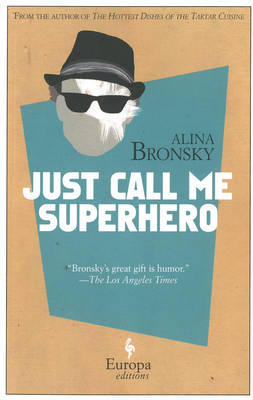
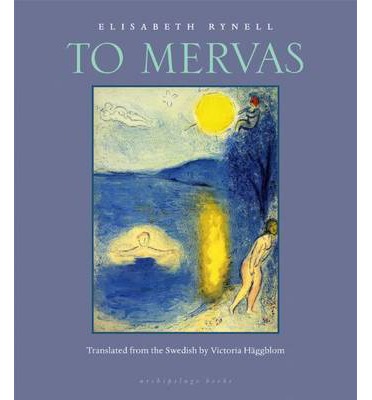
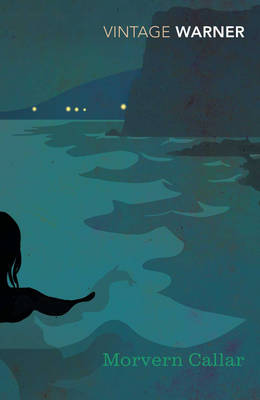
Recent Comments